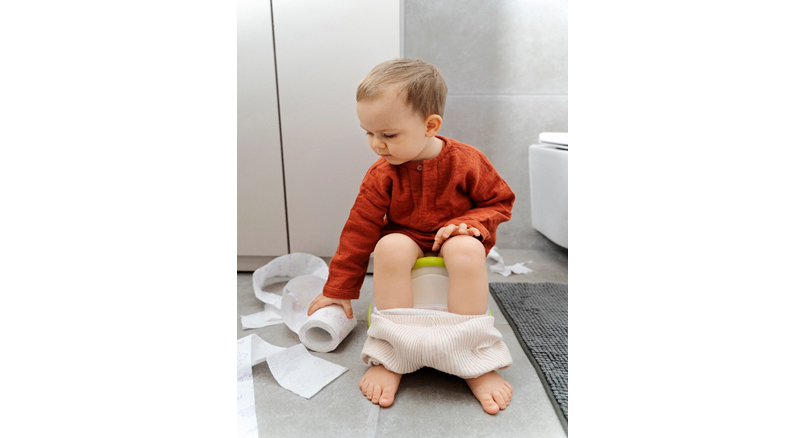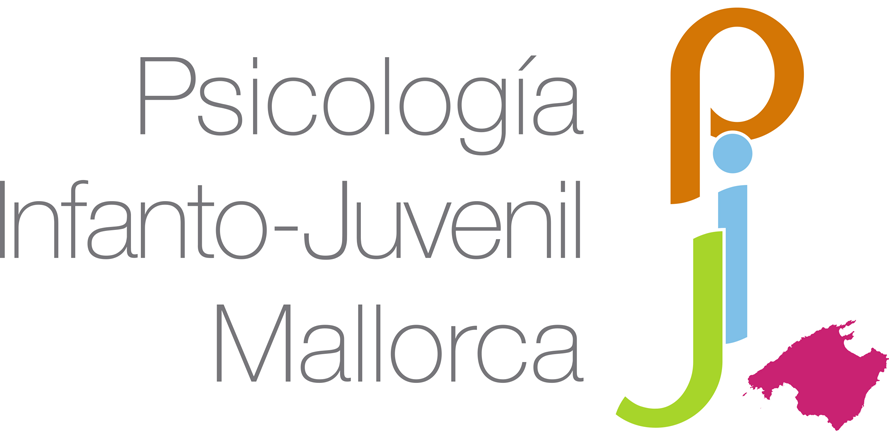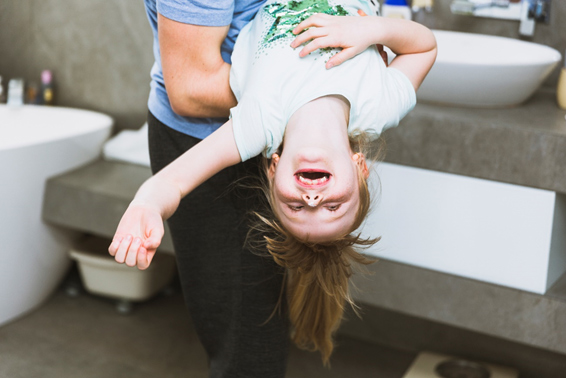
Nocturnal enuresis, also known as urinary incontinence, is a more common issue than we might think. While it is not a serious condition and many children outgrow it as they develop, it can cause significant frustration for both the children who experience it and their parents. That is why general child health psychology focuses on addressing this issue.
What is childhood nocturnal enuresis?
According to the DSM-5, enuresis is the repeated voiding of urine in inappropriate places, such as the bed or clothing, in children aged 5 years or older. It can be involuntary or intentional. To meet the diagnostic criteria, the behaviour must occur twice or more a week for at least three months, and it cannot be attributed to a medical condition or the effects of a substance.
Enuresis can be diurnal, nocturnal, or both. When we talk about nocturnal enuresis, we are referring to episodes that occur only during sleep. This is the most common type and typically happens during the dream stage of sleep, so the child may remember dreaming about urinating.
Types of enuresis: primary and secondary
Primary enuresis refers to cases where bladder control has never been achieved. This is the most common type and occurs more frequently in boys. In many cases, it resolves spontaneously over time.
Secondary enuresis occurs when the child previously achieved bladder control for at least six months but later regressed. This type is more often associated with emotional issues or stressful events, is less common, and occurs more frequently in girls. Spontaneous resolution is less likely in these cases.
Psychological and physical causes
While no single cause has been identified, various physical and psychological factors seem to contribute to the development of nocturnal enuresis.
The physical factors associated with more probability to present enuresis, are bladder hyperreactivity or reduced bladder capacity. Research has shown a genetic predisposition: children of mothers who had enuresis are at greater risk, and the risk nearly triples in children with fathers who also experienced it.
Amongst the psychological factors, it seems that enuresis may be linked to difficulties in learning bladder control and/or exposure to stressors that disrupt the child’s normal functioning.
Cases of voluntary urination difficulties are rare and usually associated with children who display behavioural problems or oppositional attitudes. Enuresis is more common among children in orphanages or residential institutions, environments often characterized by less structure and insufficient toilet training.
Although enuresis is generally not associated with other psychological disorders, when it is, it often coincides with conditions such as encopresis (the inappropriate expulsion of feces in inappropriate places; see our blog on childhood encopresis), sleepwalking, or night terrors.
Emotional impact of nocturnal enuresis
Nocturnal enuresis can negatively affect both the child and their family.
Children usually experience self-esteem issues and feelings of shame or anxiety about sleeping away from home or with friends. These emotions may cause children to avoid social activities or make them vulnerable to teasing or bullying from peers. Additionally, children may feel guilt and frustration if they are unable to resolve the issue or if they receive negative reactions from their parents.
Parents may feel concerned about their child’s development or blame themselves, believing the issue stems from inadequate parenting. Other common emotions include frustration and stress, especially when there is no improvement despite efforts. The additional workload, such as having to change wet sheets during the night, can also contribute to parental stress. In some cases, conflicts may arise over how to handle the situation, leading to punishment or blame directed at the child.
Is there treatment for childhood nocturnal enuresis?
While many cases of nocturnal enuresis resolve spontaneously as the child grows, some require intervention to achieve resolution. Key aspects of treatment include:
- Psychoeducation to teach both parents and children about enuresis to help them understand that it is not the child’s fault. Changes in habits that reduce enuresis episodes may also be necessary.
- Alarm method (“pipi-stop”): This is the most effective psychological treatment. It involves using a moisture sensor attached to the child’s underwear, which triggers an alarm as soon as urination begins.
- Pharmacological treatment: While not always required, this should only be prescribed by a physician. The most common medication is desmopressin, which reduces urine volume by increasing kidney water retention. However, episodes often return once the medication intake stops.
If your child experiences nocturnal enuresis, remember you are not alone, and there is a solution. If you believe we can help, don’t hesitate to contact us. Together, we can find the best approach to resolve this issue and improve the well-being of your entire family.
Psicóloga General Sanitaria
Colegiada Nº B-02615






